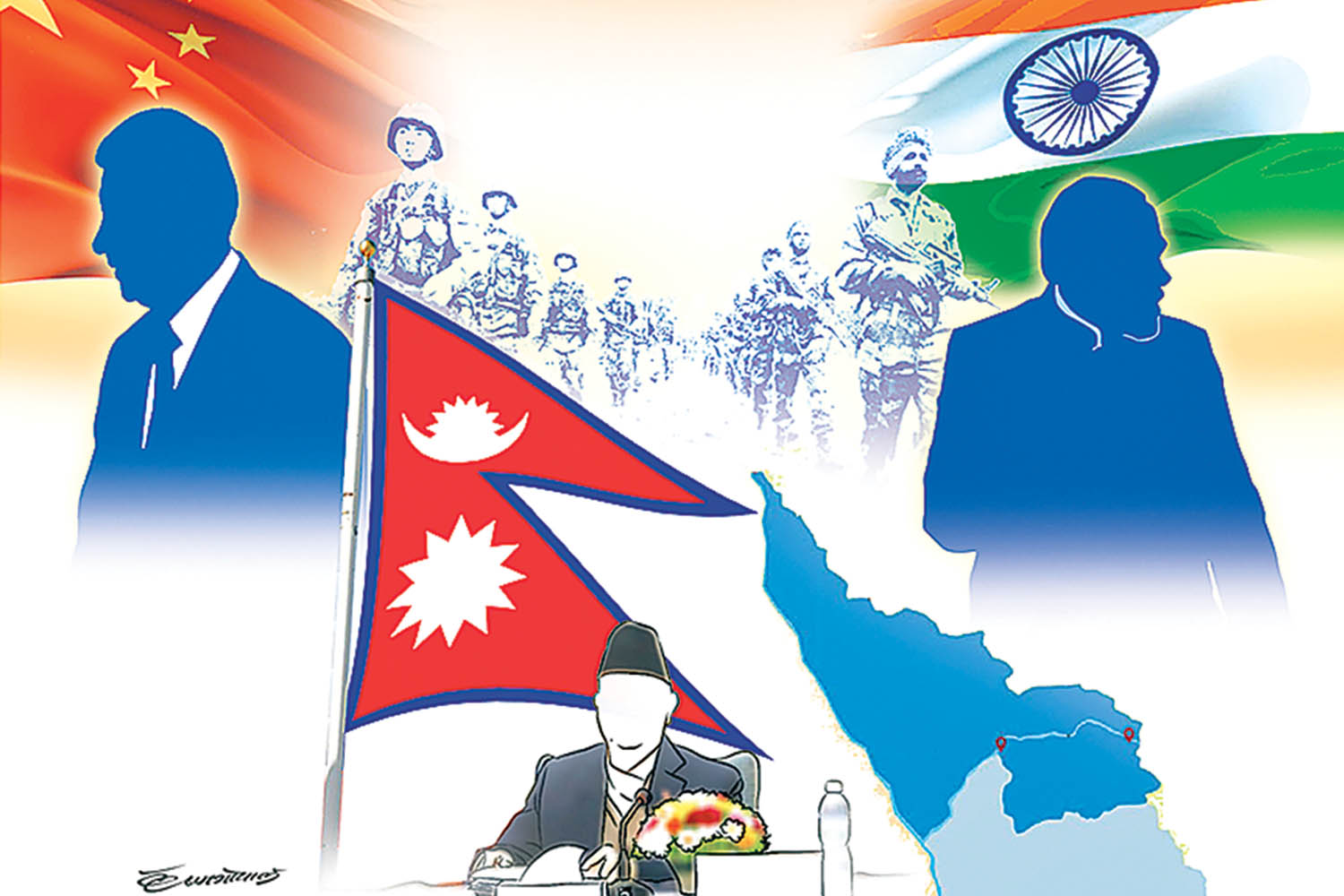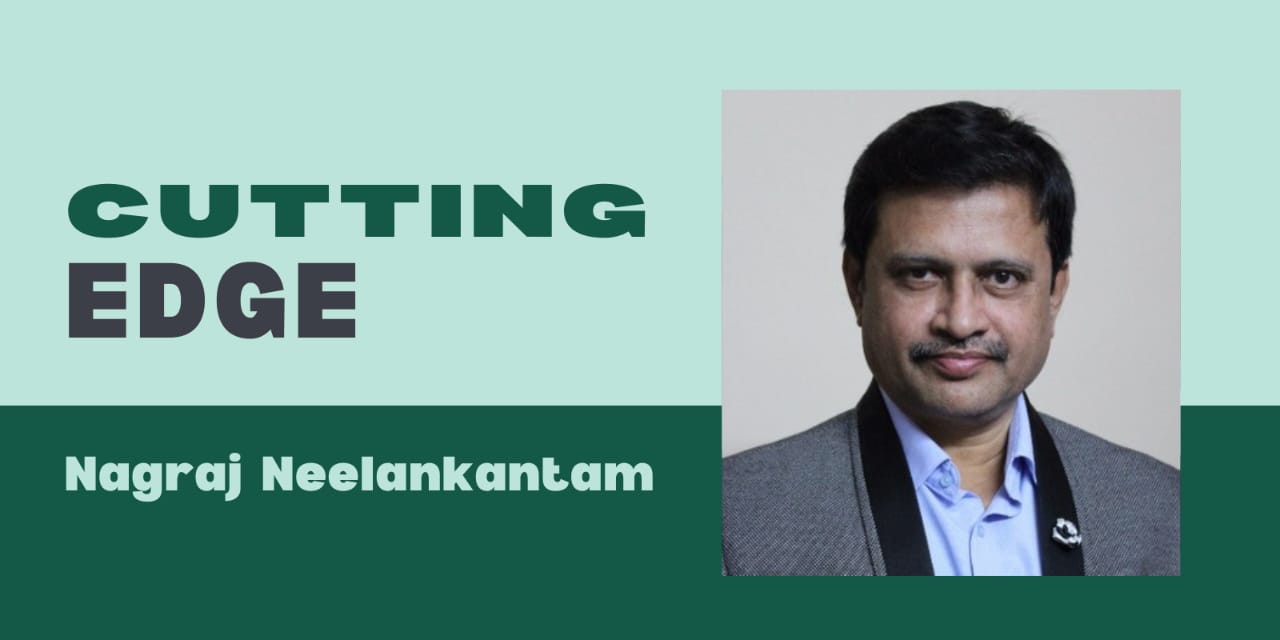Bharat (India) has been steadily moving from a reactive defence policy to a proactive strategic doctrine, particularly concerning its historically hostile neighbour, Pakistan. Without engaging in open confrontation, Bharat is tactically building an ecosystem of military preparedness, diplomatic influence, and global alliances that are designed to isolate and pressurize Pakistan. This new paradigm, shaped by geopolitical foresight and a nuanced understanding of international power dynamics, represents a significant transformation in India’s defence and foreign policy architecture.
Bharat has meticulously placed its military forces along the western borders in a manner that signals readiness without provocation. This high-alert status is more than just conventional military posturing; it is a calculated pressure-building technique. Key military divisions, including armoured corps, strategic missile units, and airborne commandos, have been actively mobilized and stationed in high-readiness zones across Rajasthan, Punjab, and Jammu regions.
What makes this approach unique is the concurrent dissemination of indirect intelligence leaks indicating that Bharat enjoys the backing of global powers. This psychological game aims to create internal unrest and confusion within Pakistan’s military leadership and political establishment, forcing them to second-guess their actions and commitments.
US, Israel, and Russia – A Triangular Backing for Bharat’s Security Interests
A vital dimension of Bharat’s strategic campaign involves nurturing strong ties with global powerhouses such as the United States, Israel, and Russia. Quiet diplomatic exchanges and joint defence exercises suggest a layered and coordinated understanding.
- The United States, under the lens of counter-terrorism and Indo-Pacific stability, sees a stable Bharat as a bulwark against both radical extremism and Chinese expansionism. The presence of American surveillance and cybersecurity support to Bharat is becoming increasingly visible.
- Israel, a long-term defence partner, is not just offering material support but is reportedly engaged in strategic advisory roles, especially in counter-intelligence and unmanned aerial warfare technologies. Bharat’s sharing of sensitive inputs with Israel regarding terrorist corridors in Pakistan has further strengthened this cooperation.
- Russia, despite its traditional ties with Pakistan’s ally China, has chosen strategic balancing by siding with Bharat’s legitimate security concerns. President Putin’s statements reaffirming sovereignty and anti-terror doctrines have implicitly supported Bharat’s cause.
This trilateral trust positions Bharat at the centre of a new axis of influence in the region, effectively surrounding Pakistan with an unrelenting diplomatic and security ring.
Israeli Forces – Dual Mission: Strategic Support and Counter-Ghaza Extremism
Unofficial but credible reports suggest that Israeli advisors and tactical teams have been deployed within Indian territory, close to its northwestern front. Their primary mission aligns with two objectives:
- Strategic Intelligence and Advisory – Offering real-time battlefield intelligence and guiding Bharat’s specialized units in urban and counter-terror warfare techniques.
- Neutralizing Hidden Ghaza-Based Terror Cells – Intelligence agencies have long suspected that elements associated with Ghaza-origin extremist factions, especially those aligned with Hamas and Islamic Jihad, have found sanctuary in remote regions of Pakistan (especially Balochistan and Khyber Pakhtunkhwa). Israeli operatives, with experience in tracking such entities globally, bring an edge in identifying and neutralizing such hidden threats.
This convergence of Israeli interests with Bharat’s security goals showcases a broader war against international terrorism beyond mere regional hostilities.

Amid the increasing pressure from Bharat, Pakistan’s internal structure—both militarily and economically—is showing visible signs of deterioration:
- Low Morale Among Military Forces – Pakistan’s armed forces, especially its foot soldiers and middle-level officers, are reportedly terrified at the prospect of a direct engagement with Bharat. The memory of past defeats, coupled with the superior technological advantage of Bharat, has created psychological fatigue among the ranks.
- Lack of Funding and Logistical Limitations – Pakistan’s economic crisis has critically undermined its ability to fund sustained military operations. Defence budgets are being slashed amid rising inflation, IMF loan dependencies, and falling foreign reserves. Even routine logistical expenditures—like troop mobilization, fuel supplies, arms maintenance, and rations—are under severe constraints.
- Internal Political Instability – Ongoing political friction between civilian leadership, judiciary, and military command has paralyzed decision-making. Public trust in leadership is waning due to economic hardships, inflation, and increased terrorism-related unrest within its own borders.
The combination of these internal pressures makes it extremely difficult for Pakistan to project any credible counterforce or response, rendering Bharat’s strategy even more effective.
Geopolitical Isolation – The Thinning Support from China and Turkey
Pakistan, which has long depended on China and Turkey for diplomatic and military backing, is witnessing a noticeable diplomatic withdrawal:
- China, while still engaged in CPEC (China-Pakistan Economic Corridor), is currently bogged down by its own economic challenges, internal dissent, and its balancing act in the Indo-Pacific. With growing economic interests in maintaining peace with Bharat and ensuring uninterrupted trade routes, Beijing is opting for caution over confrontation. Bharat’s enhanced economic clout and border resilience have further weakened Pakistan’s standing in Chinese strategic calculus.
- Turkey, under President Erdoğan, has tried to assume leadership of the Islamic world. However, it faces internal economic instability, diminished influence in NATO, and limited capacity for external military commitments. With its own Kurdish and Syrian entanglements, Turkey’s capacity to assist Pakistan beyond rhetorical gestures has drastically diminished.
This perceived withdrawal of support leaves Pakistan in an increasingly vulnerable position, both regionally and globally.
Bharat is not preparing for war—it is preparing for strategic victory without war. By surrounding Pakistan with threats of superior intelligence, unwavering alliances, and psychological pressure, Bharat is creating a new kind of warfare—a conflict fought through perception, preparation, and partnerships.
This doctrine of silent dominance ensures regional stability while demonstrating Bharat’s maturity in modern warfare. With global partnerships, technological superiority, and moral clarity on its side, Bharat is scripting a 21st-century geopolitical narrative that seeks to neutralize threats without engaging in open conflict—unless necessary.






